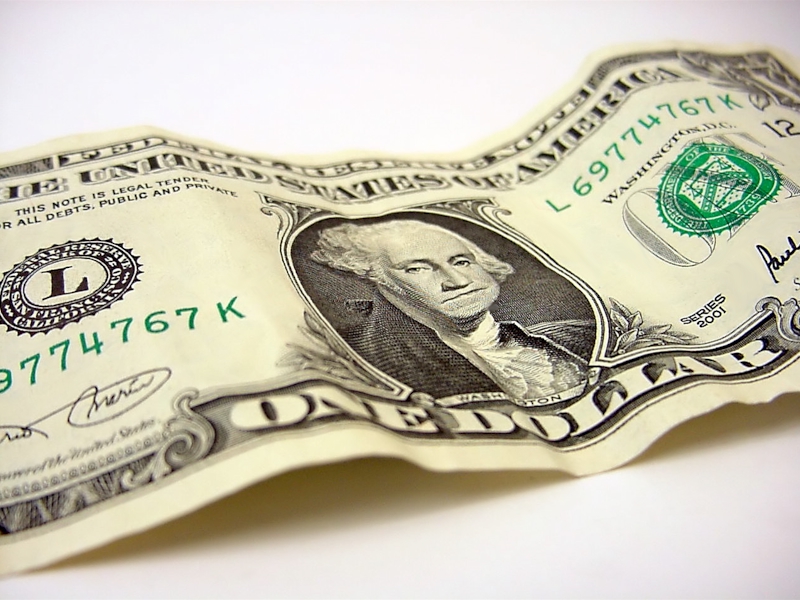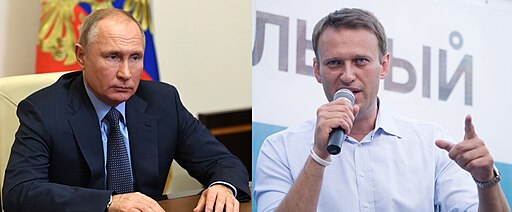
On February 21, the Biden administration announced a new $1.2 billion round of student loan forgiveness, with president Joe Biden personally notifying the 153,000 beneficiaries by email.
“I hope this relief gives you a little more breathing room,” Biden wrote. “I’ve heard from countless people who have told me that relieving the burden of their student loan debt will allow them to support themselves and their families, buy their first home, start a small business, and move forward with life plans they’ve put on hold.”
Coming atop more than 3.9 million previous recipients, that 153,000 may not seem like a lot, but let’s consider two other numbers.
In the 2016 presidential election, Donald Trump beat Hillary Clinton with 304 electoral votes to her 227 — but by a total of less than 80,000 individual votes in three very close states (Michigan, Pennsylvania, and Wisconsin).
In 2020, Biden coasted into office by beating Trump 306-232 in the electoral college. As in 2016, though, three key states (Arizona, Georgia, and Wisconsin) delivered that victory by a razor-thin popular vote margin of less than 45,000.
Biden’s hoping for “breathing room,” all right — but more for himself and his party than for those student borrowers.
Borrowers aren’t unimportant, of course. But Biden isn’t really looking at 153,000 borrowers. He’s looking at 153,000 VOTERS.
Plus a previous 3.9 million.
Plus all of those voters’ parents, spouses, children, and other loved ones who probably like the reduced monthly hit on their household incomes.
Like previous rounds, this latest write-off is a $1.2 billion campaign expenditure, one that doesn’t have to come out of the Biden campaign’s $56 million in cash reserves, or be raised with donation drives.
Those of us who don’t have student loan balances hanging over our heads might not like it that much, but we probably won’t remember, remember on the 5th of November quite as bitterly as the beneficiaries will fondly.
And before we get temporarily outraged, it’s probably worth considering how OUR votes are bought.
They’re bought with “stimulus” checks.
They’re bought with farm subsidies.
They’re bought with government paychecks (including at second hand through contractors in industries ranging from “defense” to “infrastructure” and beyond).
They’re bought with newly created, or increased, “benefit” payouts of all kinds.
We’re all of us getting bribed, all the time — with our own money and with money from other Americans.
We’re supposed to remember the bribes we get, forget the bribes others got, and vote accordingly.
And we probably will.
Thus endeth the lesson.
Thomas L. Knapp (Twitter: @thomaslknapp) is director and senior news analyst at the William Lloyd Garrison Center for Libertarian Advocacy Journalism (thegarrisoncenter.org). He lives and works in north central Florida.
PUBLICATION/CITATION HISTORY


